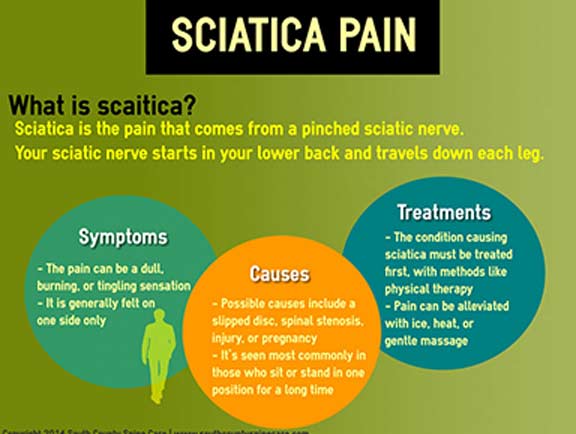The Role Of Nourishment In Pain In The Back Administration: Foods To Eat And Prevent
The Role Of Nourishment In Pain In The Back Administration: Foods To Eat And Prevent
Blog Article
Material By-Duus Camp
When it comes to handling your pain in the back, the food choices you make can dramatically impact exactly how you really feel every day. Think of being tui na therapy to relieve your discomfort just by adjusting what you consume. By understanding the function of nourishment in neck and back pain monitoring and knowing which foods to integrate or avoid, you can take positive actions in the direction of a healthier and a lot more comfortable lifestyle. The connection in between nourishment and back wellness is more extensive than you might recognize-- allow's explore how certain foods can either relieve or exacerbate your back pain.
Relevance of Nourishment in Neck And Back Pain
Nutrition plays an important role in managing pain in the back. Your diet plan can substantially impact swelling degrees and general pain levels in your back. Eating a balanced diet abundant in nutrients like vitamins D and K, calcium, magnesium, and omega-3 fatty acids can help reduce inflammation and reinforce bones, which are vital for back health.
Furthermore, maintaining a healthy and balanced weight via appropriate nutrition can minimize stress and anxiety on your spine, lowering the threat of back pain.
Furthermore, particular nutrients like anti-oxidants located in vegetables and fruits can help combat oxidative stress and promote recovery in the body, consisting of the back muscle mass and spinal column.
On the other hand, taking in extreme quantities of processed foods, sugary beverages, and harmful fats can add to swelling and weight gain, aggravating neck and back pain.
Foods to Eat for Back Health
To support a healthy and balanced back, integrating nutrient-rich foods into your day-to-day meals is vital. Including foods high in anti-oxidants like berries, spinach, and kale can help reduce inflammation in your back, easing pain and discomfort. Omega-3 fatty acids discovered in fatty fish such as salmon and mackerel have anti-inflammatory properties that can profit your back health.
Additionally, taking in nuts and seeds like almonds, walnuts, and chia seeds offers essential nutrients like magnesium and vitamin E, which sustain muscle mass feature and reduce oxidative tension. Integrating lean proteins such as poultry, turkey, and tofu can help in muscle repair and upkeep, promoting a strong back.
Do not forget to consist of how long is an initial chiropractic appointment or strengthened plant-based choices for calcium to sustain bone health and wellness. Last but not least, hydrate with lots of water to maintain your spine discs hydrated and working ideally. By including these nutrient-dense foods in your diet, you can nurture your back and assistance general spinal wellness.
Foods to Avoid for Neck And Back Pain
Choose avoiding refined foods high in sugarcoated and trans fats when looking for remedy for pain in the back. These kinds of foods can contribute to inflammation in the body, which may exacerbate neck and back pain. Say no to sweet treats sweet, breads, and sugary drinks, along with fast food products like burgers, fries, and fried hen that are typically filled with trans fats.
In addition, avoid foods containing high degrees of refined carbs, such as white bread, pasta, and pastries, as they can surge blood sugar level levels and possibly intensify swelling in the body.
upper cervical chiropractic nyc 's also a good idea to limit your consumption of foods high in hydrogenated fats, like red meat and full-fat dairy products, as they can contribute to inflammation. Processed foods like delicatessens meats, chips, and packaged treats are often high in hydrogenated fats and should be eaten in moderation.
Conclusion
To conclude, paying attention to your diet and making clever food selections can have a considerable effect on handling pain in the back. By integrating nutrient-rich foods like berries, fatty fish, nuts, and lean healthy proteins, and preventing refined and sugary products, you can help reduce swelling and support in general back health. Remember, what you eat plays an essential function in how you really feel, so see to it to prioritize your nourishment for a much healthier back.
